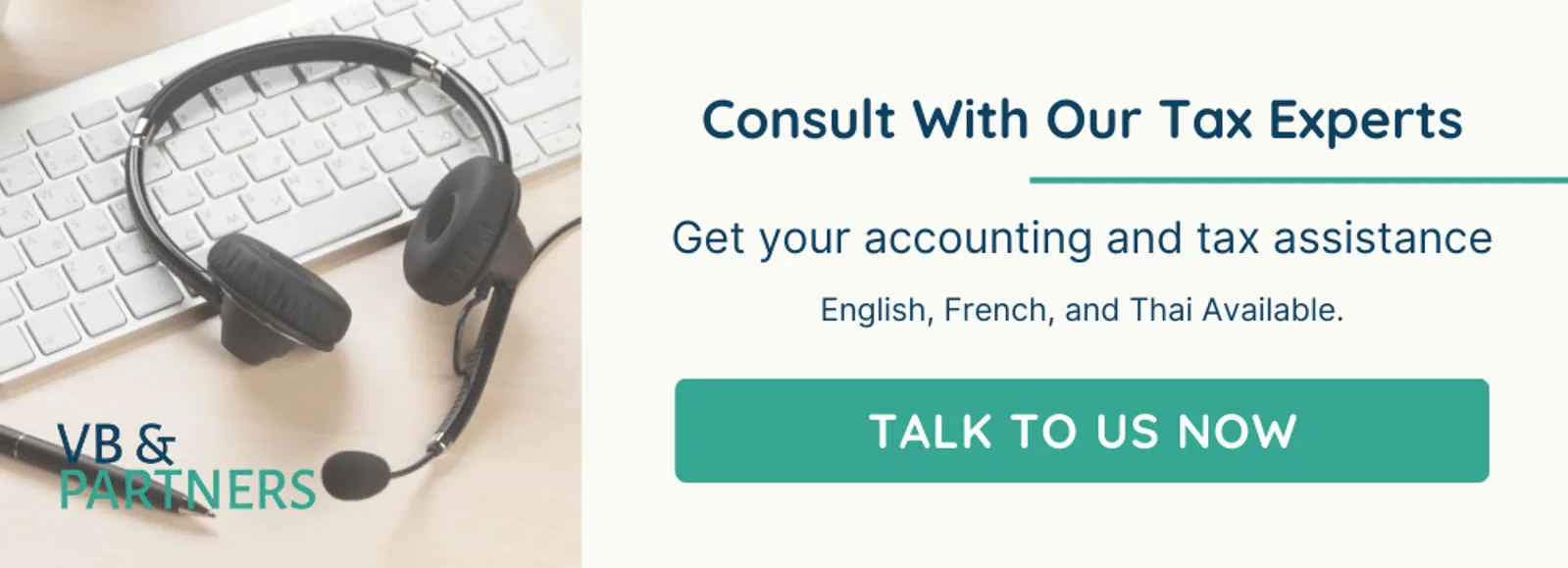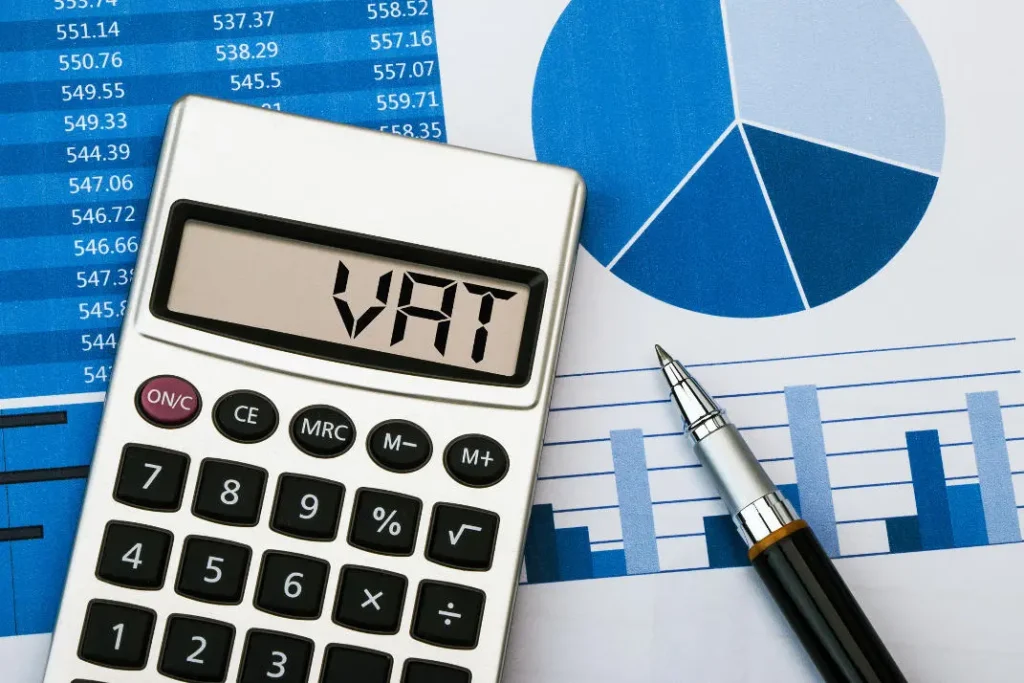As a business owner in Thailand, having access to reliable accounting software is highly important for managing your finances and simplifying tax filings. Due to the specific regulations and standards in Thailand, it is important to choose software that can satisfy the Thai accounting requirements.
In this article, we will take a look at some of the best accounting software options available in Thailand, highlighting their features, pros and cons, and suitability for different types of businesses.
Key Points
- Compliance with Thailand’s specific tax and regulatory requirements is an important consideration when selecting accounting software.
- English language support is essential for foreign business owners to understand their accounts, especially since local accountants may have limited English ability.
- Software pricing structure should be carefully evaluated, as switching platforms later is difficult once accounting systems are established.
- Popular options like Xero and QuickBooks offer comprehensive features but can be expensive or complex, while local solutions like FlowAccount or SMEmove provide basic features with better regional compliance.
Why is it Important to Have Good Accounting Software?
Having good accounting program is recommended for maintaining accurate financial records and ensuring compliance with local regulations. Thailand’s Revenue Department requires companies to follow very specific rules in relation to VAT filings, withholding tax, and corporate income tax submissions, all of which can be difficult to understand without the right tools.
Using software specifically designed for Thailand helps companies understand and follow these processes, reduces the risk of errors, and ensures that your business stays in full compliance with regulatory authorities. Moreover, it removes any potential issues that may arise during the annual audits or working with local auditors and accountants.

What are the Key Considerations When Choosing Accounting Software?
When choosing accounting programs in Thailand, business owners need to consider several important factors.
Firstly, the software must comply with local Thai accounting standards and tax regulations to avoid any issues with legal compliance. Thailand has its own set of financial reporting rules governed by the Thai Financial Reporting Standards (TFRS), as well as specific tax requirements set by the Revenue Department.
These include rules around VAT reporting, withholding tax, invoicing formats, and the submission of monthly and annual tax filings. Using software that isn’t designed for the Thai regulatory environment can lead to errors, missed deadlines, or even penalties. Therefore, it’s important to choose a system that is either developed for the Thai market or has been properly localized for use in Thailand.
Language is another key consideration, foreign business owners should look for software that is available with an English interface. This is especially important as many local accountants may have limited English communication skills, making it essential for business owners to be able to independently review and understand their financial data.
The pricing structure of the software is also worth checking carefully. Whether the software charges monthly or annually, it’s important to choose a plan that matches your budget and business needs, particularly because switching platforms later can be a complicated process.
Lastly, businesses should ensure that the software offers easy access to their financial data. This allows the company to easily check their data and make sure everything is being booked properly.
What are the Top Accounting Program Options in Thailand?
These are some of the leading accounting software systems that are suitable for businesses operating in Thailand:
| Software | Features | Pros | Cons |
| Xero | Cloud-based, multi-currency support, extensive integrations | User-friendly interface, strong reporting tools | Monthly subscription can be costly |
| QuickBooks | Comprehensive bookkeeping features, invoicing, payroll management | Widely recognized, robust support network | Complexity may overwhelm new users |
| FlowAccount | Thai-specific features, document creation, automated record keeping | Free basic package for startups | Limited advanced features compared to others |
| SME Move | Tailored for SMEs, financial reporting, expense tracking | Affordable pricing options | Less known than larger competitors |
| Odoo | Modular system covering various business functions | Highly customizable | May require more setup time |
Xero
Xero is a cloud-based accounting software that has gained popularity among Thai businesses for its user-friendly interface and powerful automation tools. Designed to streamline financial management, Xero offers a wide range of features including:
- Invoicing with customizable templates and recurring billing options
- Expense tracking through mobile apps and direct bank feeds
- Real-time financial reporting, including balance sheets, P&L, and cash flow statements
Xero integrates easily with over 1,000 third-party apps, including inventory, CRM, and payroll tools. It also supports multi-currency transactions, making it a good choice for companies dealing with international clients.
However, its monthly subscription costs tend to be higher than locally developed options, which may be an important consideration for startups or small businesses with limited budgets.
QuickBooks
QuickBooks is one of the most globally recognized accounting providers, offering a wide ranging suite of tools for small to medium-sized enterprises in Thailand. Key features include:
- Payroll management, including tax calculations and employee payslips
- Invoicing and payment tracking with customizable formats and automated reminders
QuickBooks also supports integration with Thai banks and offers VAT tracking features, although localization may require some manual configuration. Its strong customer support network and vast knowledge base make it a dependable option. That said, the interface can be complex for new users, especially those without prior accounting software experience.
FlowAccount
FlowAccount is a Thai-developed cloud accounting platform that is designed to be easy to use and ensure local compliance. It caters primarily to freelancers, startups, and SMEs.
Key features include:
- E-invoicing and receipt issuance that complies with Thai Revenue Department standards
- Automated bookkeeping with bank statement uploads and expense categorization
FlowAccount provides Thai-language support and includes features such as e-Withholding Tax submissions and payroll add-ons. A free basic version is available, making it accessible for early-stage businesses. However, larger businesses may find the platform lacks the depth and customization offered by global alternatives like Xero or QuickBooks.
SME Move
SME Move is an new Thai accounting solution aimed at small and medium-sized enterprises seeking compliance with local accounting and tax requirements. It offers an intuitive interface with the main features including:
- Financial report generation, including monthly P&L and balance sheets
- Expense and cash flow tracking, supporting multiple accounts
Its pricing is competitive, with options suitable for businesses with limited operational budgets. SME Move also supports e-Tax invoicing and has tools for preparing VAT filings. While it lacks the international brand recognition of Xero or QuickBooks, its Thai-specific compliance features make it a practical solution for locally focused businesses.
Odoo
Odoo is an open-source, modular ERP platform that includes a powerful accounting service. It is best suited for businesses that need a customizable system that can scale as they grow. Accounting features include:
- Double-entry bookkeeping and multi-currency support
- Bank reconciliation, invoice automation, and financial analytics
Odoo can be configured to meet Thai tax reporting and compliance standards, but this typically requires support from a local implementation partner. Its flexibility makes it an excellent choice for businesses with unique operational needs, though the initial setup can be more confusing than other solutions like FlowAccount or Xero
Our Thoughts
In practice, using accounting software is not just a matter of convenience, it is essential to ensure proper bookkeeping and to facilitate the preparation of the annual financial statements and the mandatory audit required in Thailand.
If you do not have a specific preference, we usually recommend SMEMove for small and medium-sized businesses. It is easy to use, adapted to the Thai market, and includes key features such as invoicing, tax filing, and financial reporting.
For companies that need integrations with other systems or consolidated reporting across multiple entities in the region, Xero is a more comprehensive option. It is particularly suitable for businesses with international structures.
Whatever software you choose, the most important point is that you, as the client, maintain full ownership and access. This ensures transparency and flexibility if you ever want to check the work of your accountant, internalize your accounting, or change service providers. Unfortunately, we have encountered cases where former accountants restricted access to the accounting system and demanded additional payments to release it. Ensuring you remain in control from the beginning is an important step to protect your business.
FAQs
What is the best accounting software for small businesses in Thailand?
The best accounting program for small businesses in Thailand depends on the company’s size, budget, and specific needs:
FlowAccount is ideal for freelancers, startups, and SMEs looking for simplicity and compliance with Thai tax laws. It offers e-invoicing, e-Withholding Tax support, and Thai-language customer service. A free basic version makes it especially attractive for early-stage businesses.
Xero and QuickBooks are excellent for businesses needing advanced features, international integrations, and multi-currency support. Xero is user-friendly but more expensive, while QuickBooks offers strong payroll and VAT tracking, though it may be complex for beginners.
SME Move is a cost-effective local option with features tailored to Thai tax compliance. It suits businesses focused on the local market and operating on a budget.
Odoo is best for growing businesses that require a customizable and scalable solution. However, it involves a more complex setup and is better suited for companies with specific ERP needs.
In summary:
- For local simplicity and Thai compliance, go with FlowAccount or SME Move.
- For international operations and automation, choose Xero or QuickBooks.
- For customized, scalable solutions, consider Odoo with local support.
How to choose accounting software that complies with Thai tax regulations?
When selecting accounting software in Thailand, it’s important to choose a service that supports local tax laws and complies with Thai accounting standards and Thai Revenue Department requirements. Important features to consider include VAT filing, e-Tax invoicing, and withholding tax support.
Software developed or localized specifically for the Thai market, such as FlowAccount Thailand or SME Move, include built-in features to ensure full regulatory compliance.
Does FlowAccount support Thai Revenue Department requirements?
Yes, FlowAccount Thailand is specifically designed to comply with the Thai Revenue Department’s regulations. It supports e-invoicing, e-Receipt issuance, e-Withholding Tax submissions, and is compatible with VAT filing standards. This cloud accounting Thailand solution is particularly suitable for startups and SMEs that require simple tools with full local compliance.
What accounting software supports Thai language and VAT filing?
Several of the major accounting software options offer Thai language interfaces and VAT filing support. FlowAccount, SME Move, and QuickBooks Thailand (with some localization) are all capable of handling VAT requirements.
FlowAccount and SME Move offer full Thai-language support, making them ideal for local teams and accountants. These platforms are designed to meet Thai tax regulations and support VAT calculations and monthly reporting.
How much does accounting software cost for small businesses in Thailand?
The cost of small business accounting software in Thailand varies depending on the platform and feature set:
- FlowAccount offers a free basic version for startups and low-cost subscription plans.
- SME Move provides competitively priced packages tailored to local SMEs.
- Xero Thailand and QuickBooks Thailand offer more advanced features but have higher monthly subscription fees, often ranging from 700–2,000 THB or more.
Can accounting software handle withholding tax calculations in Thailand?
Yes, certain accounting software for Thailand can make withholding tax calculations. FlowAccount includes a dedicated e-Withholding Tax feature, allowing users to generate and submit withholding tax forms in line with the Revenue Department’s requirements.
QuickBooks Thailand also supports tax tracking, though it may require manual configuration or third-party integrations for full localization.
What are the requirements for Thai Financial Reporting Standards (TFRS) compliance?
To comply with Thai Financial Reporting Standards (TFRS), businesses must produce accurate financial statements, including balance sheets, profit and loss accounts, and cash flow reports. The software must support double-entry bookkeeping, multi-currency capabilities (if applicable), and standardized report formats accepted in Thailand. Tools like Xero, Odoo, and QuickBooks can generate TFRS-compliant reports when properly configured, while FlowAccount and SME Move are pre-built to satisfy these standards.
Which accounting software integrates with Thai banks and payment systems?
Many modern cloud accounting Thailand solutions integrate with local banking systems. QuickBooks Thailand supports integration with several Thai banks, enabling automated transaction imports and reconciliations. FlowAccount and SME Move also offer bank statement uploads and compatibility with Thai financial institutions. These integrations help automate expense tracking and simplify the monthly closing process.
Disclaimer
This information is provided for general informational purposes only and is not legal, tax, or financial advice.





